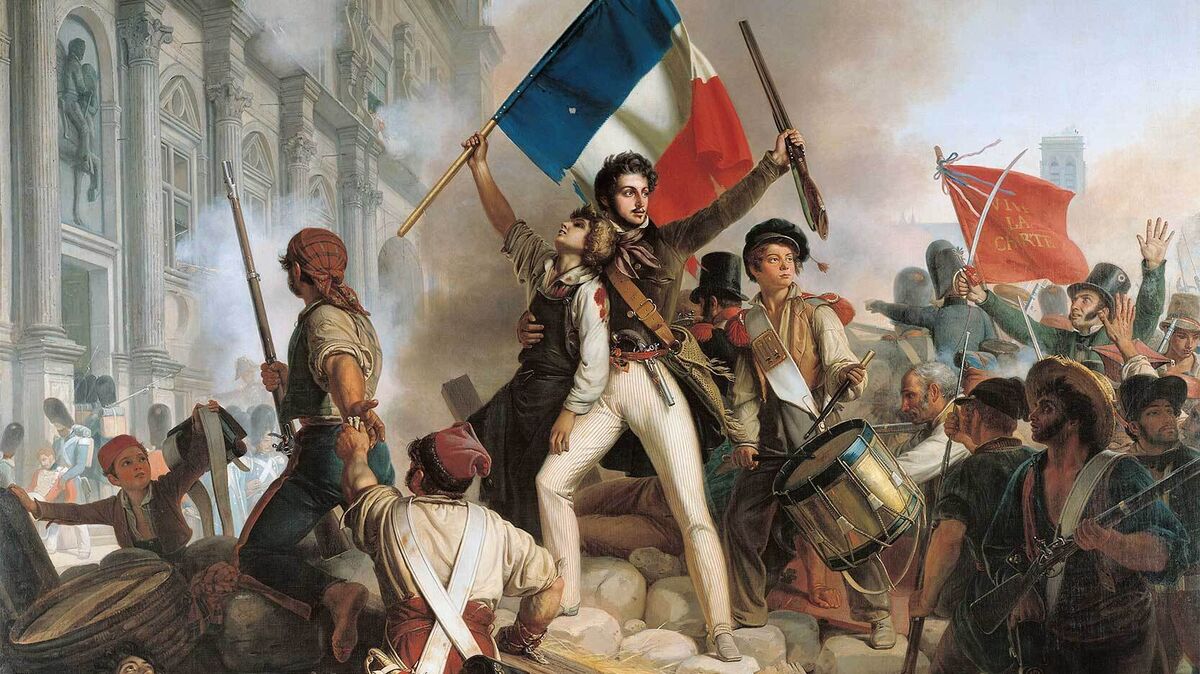
2.6.French Revolution
The causes can be narrowed to five main factors: the Estate System, Absolutism, ideas stemming from the Enlightenment, food shortages, and The American Revolution. The Estate System in France was essentially a caste system that ranked and placed people into groups based on wealth and power.
Five causes of the French Revolution
France had an absolute monarchy in the 18th century – life centred around the king, who had complete power. Whilst theoretically this could work well, it was a system heavily dependent on the personality of the king in question. Louis XVI was indecisive, shy and lacked the charisma and charm which his predecessors had so benefited from.
Inherited problems
Louis XVI inherited a difficult situation. The power of the French monarchy had peaked under Louis XIV, and by the time Louis XVI inherited, France found herself in an increasingly dire financial situation, weakened by the Seven Years War and American War of Independence.
An old and inefficient taxation system saw large portions of the wealthy people of French society exempt from major taxes, the burden was carried by the poorest .
The Estates System & the bourgeoisie
The Estates System was far from unique to France.
The ancient feudal social structure broke society into 3 groups, clergy, nobility and everyone else. In the Mediaeval period, prior to the boom of the merchant classes, this system did broadly reflect the structure of the world.
As more and more prosperous self-made men rose through the ranks, the system’s rigidity became an increasing source of frustration. The new bourgeoisie class could only make the leap to the Second Estate (the nobility) through the practice of venality, the buying and selling of offices.
Taxation & money
French finances were a mess by the late 18th century. The taxation system allowed the wealthiest to avoid paying any tax , any attempt to push through radical financial reforms was blocked by the parliament.. Unable to change the tax, and not daring to increase the burden on those who already shouldered it, Jacques Necker, the finance minister, raised money through taking out loans rather than raising taxes. Whilst this had some short term benefits, loans accrued interest and pushed the country further into debt.
The Enlightenment
Historians debate the influence of Enlightenment In the French Revolution. Individuals like Voltaire and Rousseau espoused values of liberty, equality, tolerance, constitutional government and the separation of church and state. In an age where literacy levels were increasing and printing was cheap, these ideas were discussed and disseminated far more than previous movements had been.
France in 1789
https://www.youtube.com/watch?v=PBn7iWzrKoI
https://www.youtube.com/watch?v=snriliNuVAg
Complete history of France
